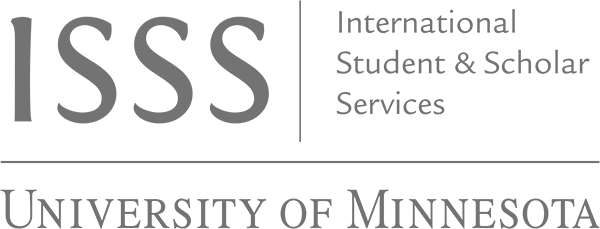As part of ongoing investigation of potential fraud in the H-1B program, the U.S. Department of Homeland Security (DHS) conducts unannounced visits to employers. This usually starts with a DHS officer attempting to visit and interview the H-1B employee at their work location, followed by the officer contacting ISSS, and sometimes contacting/visiting the employing department indicated on the petition filed by the University of Minnesota. These visits should not be a cause for alarm, as they are generally routine and selected at random.
Here are some guidelines if you are contacted by a DHS officer:
- As with any government officer or government contractor, ask to see their badge and/or identification. Take note of their name and ID number, if applicable.
- Contact an H-1B Advisor or ISSS Director if you receive a visit.
- If you are unable to immediately answer any particular question, explain to the officer that additional time is needed. Do not guess, or provide information that you are unsure about.
- The officer may ask questions to confirm employee identity and details about employment as listed within the I-129 petition: job title, salary, job duties, degree requirements and educational background, and work location.
- The officer may also take pictures of the workspace, worksite, lab, office or classroom.
Always notify ISSS in advance about changes in employment, to avoid potential problems during a site visit. When the University of Minnesota submits an H-1B petition to USCIS, we are attesting to specific statements about the position, title, salary, hours, duties, degree requirements, and location. If any of these aspects of the H-1B employee's work changes, the University may need to file a new petition before the changes are instituted. For this reason, H-1B employees and their departments must notify ISSS in advance about any changes in employment or employment termination.
